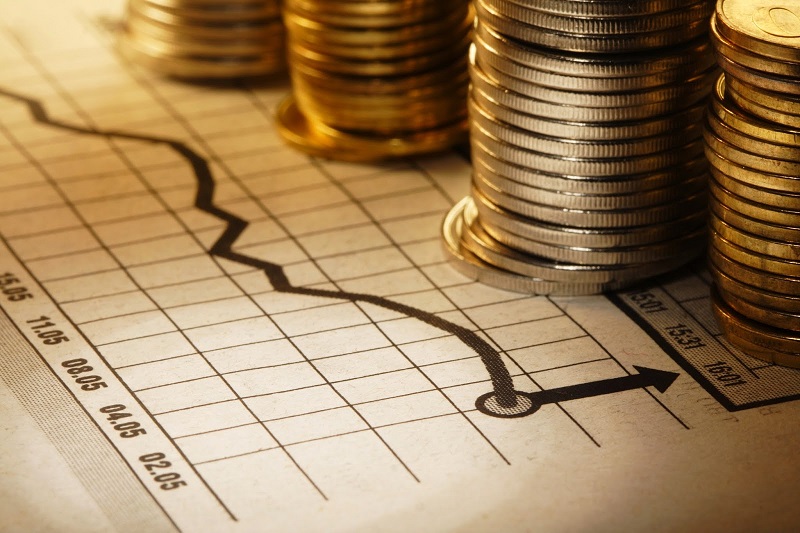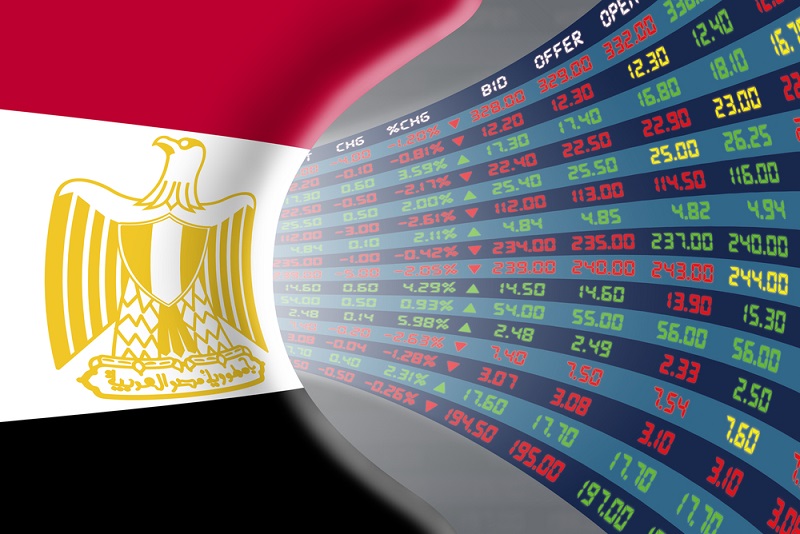
As part of the efforts done by the Egyptian Government to boost the economy, besides floating the Egyptian pound, a new investment law was issued last July. So if you’re not an expert when it comes to economics you probably have no idea what it means or how it can actually improve the country’s economy. Well, we are here to answer these questions. This law is basically an attempt to boost the Egyptian economy, by attracting foreign investors and making things easier by reducing the barriers of how they operate in Egypt, hoping to offer job opportunities, expand domestic production, increase exports and Egypt’s competitive edge.
So far, the new investment law is living up to our expectations, the foreign direct investment (FDI) has risen 14.5% reaching $7.9 billion in the financial year 2016/2017 compared to $6.9 billion in the 2015/2016 financial year. And for the New Year, experts are optimistic the international investments are going to increase in the second half of the year, especially after the presidential elections. Egypt is targeting a 20% rise in the total investments up from the 646 billion Egyptian pounds that was targeted in 2017.

So, you are probably wondering now how exactly did this law attract foreign investors. Well this law guarantees a number of protections for investors which include; receiving the same treatment under law as national businesses, a guarantee not to nationalize their projects, the right to transfer their profits abroad, proper warning and time to correct any issues before suspending a project and many others.
In addition, there are several features that are aimed directly at attracting significant and targeted investments, such as receiving a 2% tax reduction on the value of imported machinery, and up to 50% discount off investments costs.
AS much as experts anticipated that the modification to the investment law wouldn’t attract many investors, turns out more businesses considered Egypt over many other countries in the region.

The new investment law was actually successful in attracting new foreign businesses and positioning Egypt as the new international hub for investments by creating an appealing and safe atmosphere. Last September Mercedez-Benz announced its comeback to the Egyptian market by establishing a 50,000 square meter distribution facility in the Suez Canal Economic Zone (SCZone) including a logistical redistribution center to serve the local and regional market. And the German investments didn’t stop here, last Thursday a delegation from Volkswagen was in Egypt discussing a potential investment in the SCZone to establish a logistics center or a factory.
Along with the new obsession over Korean series that are all over TV, we are also looking at some Korean investors eying Egypt. A number of Korean businessmen and investors are planning on establishing an industrial zone in Marsa Matrouh. The zone is set to include up to 100 factories from different industries which will export their output.
In addition; one of the latest international investments taking place in Egypt is a huge project by the UAE. The projects aims to cultivate over 180 thousand acres construct a sugar factory and provide 200 thousand job opportunities to the Egyptian youths. This project will actually act as a major contributor in decreasing the sugar production shortage we have.



